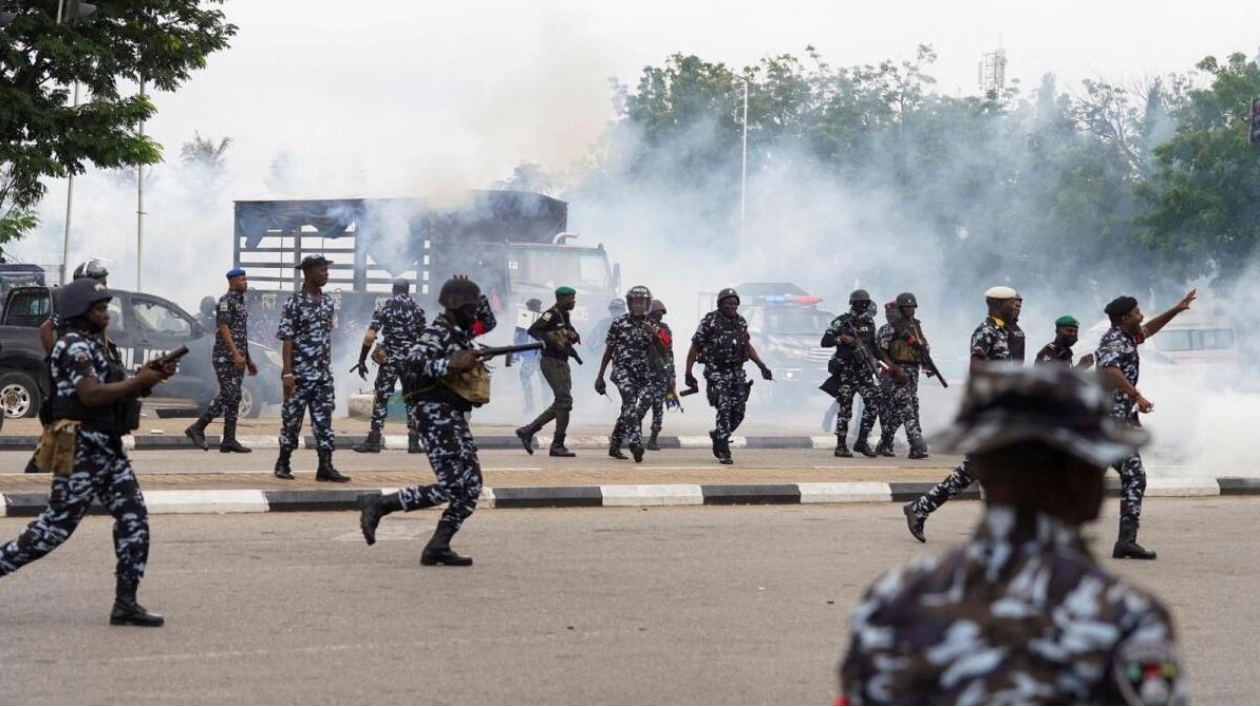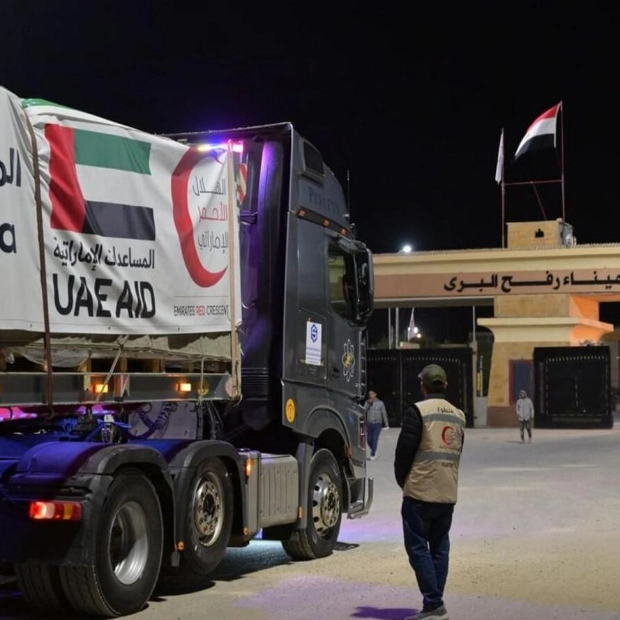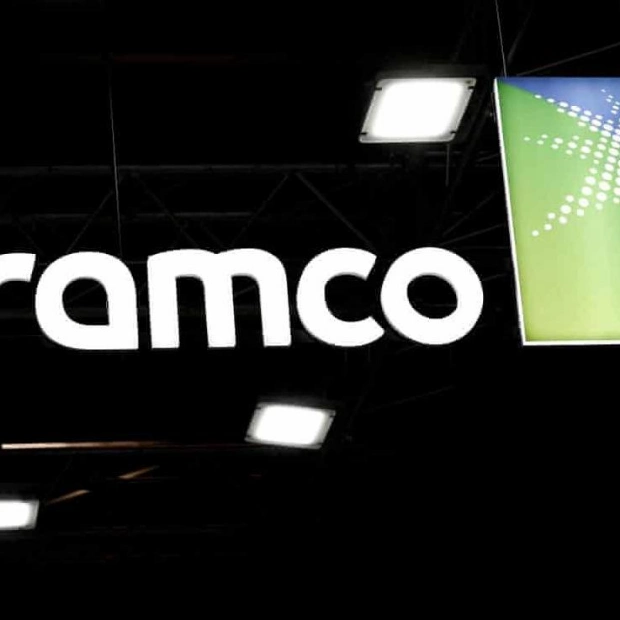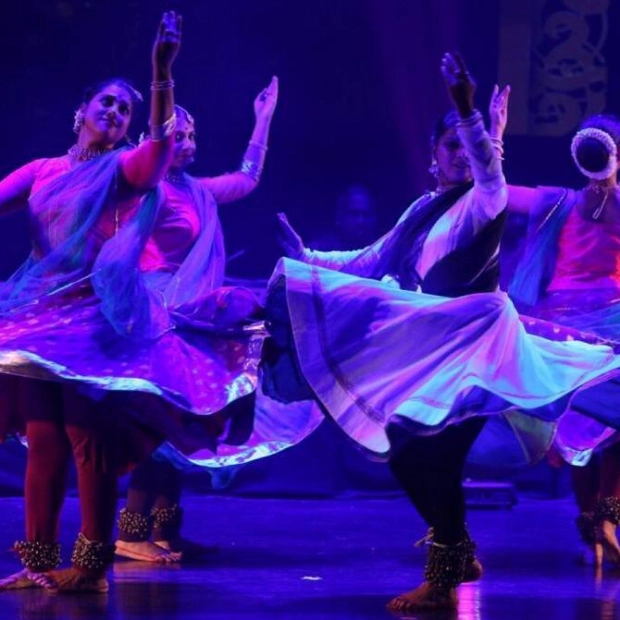On Thursday, police in Nigeria's capital, Abuja, used tear gas to disperse crowds of protesters, as thousands gathered to protest against the rising cost of living and governance issues in Africa's most populous nation, according to eyewitnesses.
Protesters took to the streets in Abuja, Lagos, and several other cities to express their dissatisfaction with economic reforms that have resulted in rampant inflation and increased hardship for ordinary Nigerians. President Bola Tinubu has pledged to continue these reforms, which he believes are essential for the country's survival.
Security forces were deployed to prevent potential violence. In Lagos, armed police monitored protesters as they marched towards the government house and then moved to two authorized protest locations. Some shopping malls in the city were closed and heavily guarded by police.
Inspired by similar protests in Kenya in June, which led to the government there canceling some planned tax increases, Nigerians are using social media to call for the restoration of petrol and electricity subsidies, free primary and secondary education, and measures to address insecurity, among other demands.
In Abuja, the military set up roadblocks on the highway leading into town, while some protesters gathered at a stadium. In the city of Maiduguri, a hotspot for militant insurgency in the northeast, youths demonstrated despite a heavy security presence, voicing their discontent with the government and its policies.
Before the protests, the government stated it was open to dialogue. Tinubu has asked citizens to endure his reforms, but many complain that politicians are not making sufficient sacrifices themselves. Since taking office over a year ago, Tinubu has removed some fuel subsidies, devalued the naira, and increased electricity tariffs, causing inflation to exceed 34 percent and eroding incomes.
Consumer inflation reached a new 28-year high of 34.19 percent in June. Nigerians are also dealing with widespread insecurity, which has harmed the farming sector, while armed gangs kidnap residents and schoolchildren for ransom in the north.
Previous protests were led by labor unions, but Thursday's march was predominantly attended by unemployed youth, adding a new challenge for the government as it seeks to mitigate the impact of its economic policies. Tinubu signed a new minimum wage law on Monday to help workers cope with the hardships caused by his economic changes, but many of the country's 200 million people are self-employed or unemployed.






